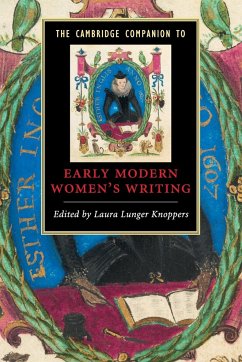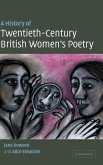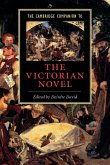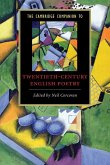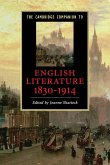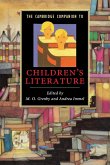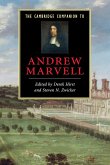Featuring the most frequently taught female writers and texts of the early modern period, this Companion introduces the reader to the range, complexity, historical importance, and aesthetic merit of women's writing in Britain from 1500-1700. Presenting key textual, historical, and methodological information, the volume exemplifies new and diverse approaches to the study of women's writing. The book is clearly divided into three sections, covering: how women learnt to write and how their work was circulated or published; how and what women wrote in the places and spaces in which they lived, worked, and worshipped; and the different kinds of writing women produced, from poetry and fiction to letters, diaries, and political prose. This structure makes the volume readily adaptable to course usage. The Companion is enhanced by an introduction that lays out crucial framework and critical issues, and by chronologies that situate women's writings alongside political and cultural events.
Hinweis: Dieser Artikel kann nur an eine deutsche Lieferadresse ausgeliefert werden.
Hinweis: Dieser Artikel kann nur an eine deutsche Lieferadresse ausgeliefert werden.

